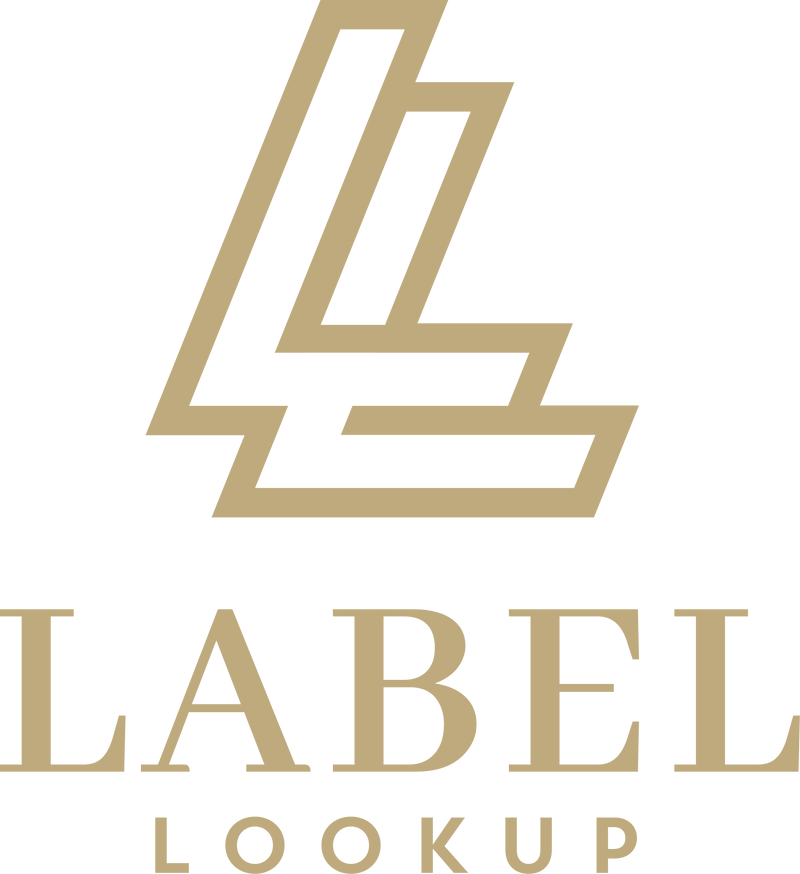
Dior Scandal: Allegations of Sweatshop Labor
The Dior scandal deepened when the luxury fashion house faced allegations of using sweatshop labor in the production of its high-end goods. Reports surfaced that Dior's suppliers were exploiting workers in low-cost countries, subjecting them to poor working conditions, long hours, and minimal pay. These allegations pointed to a darker side of the fashion industry, where the pursuit of profit often comes at the expense of basic human rights. Despite the brand's luxurious image, the scandal revealed a troubling disparity between Dior's glamorous marketing and the harsh realities faced by workers in its supply chain. The public outcry prompted calls for greater transparency and ethical standards in the fashion industry, urging brands like Dior to take responsibility for their entire production process.
The Case for Second-Hand Shopping
In response to such revelations, many consumers are turning to second-hand shopping as a more ethical and sustainable alternative to buying new items directly from luxury brands. Second-hand shopping not only reduces waste by extending the life of garments but also bypasses the demand for new products, which can sometimes be produced under unethical conditions. By purchasing pre-owned luxury items, consumers can enjoy high-quality fashion without directly supporting companies implicated in exploitative labor practices. Additionally, second-hand shopping is often more affordable, making luxury fashion accessible to a broader audience. It also encourages a circular economy, where clothing is recycled and reused, reducing the environmental footprint of the fashion industry. In this way, second-hand shopping provides a conscious choice for consumers who want to enjoy fashion without compromising on ethical values.
The Dior scandal deepened when the luxury fashion house faced allegations of using sweatshop labor in the production of its high-end goods. Reports surfaced that Dior's suppliers were exploiting workers in low-cost countries, subjecting them to poor working conditions, long hours, and minimal pay. These allegations pointed to a darker side of the fashion industry, where the pursuit of profit often comes at the expense of basic human rights. Despite the brand's luxurious image, the scandal revealed a troubling disparity between Dior's glamorous marketing and the harsh realities faced by workers in its supply chain. The public outcry prompted calls for greater transparency and ethical standards in the fashion industry, urging brands like Dior to take responsibility for their entire production process.
The Case for Second-Hand Shopping
In response to such revelations, many consumers are turning to second-hand shopping as a more ethical and sustainable alternative to buying new items directly from luxury brands. Second-hand shopping not only reduces waste by extending the life of garments but also bypasses the demand for new products, which can sometimes be produced under unethical conditions. By purchasing pre-owned luxury items, consumers can enjoy high-quality fashion without directly supporting companies implicated in exploitative labor practices. Additionally, second-hand shopping is often more affordable, making luxury fashion accessible to a broader audience. It also encourages a circular economy, where clothing is recycled and reused, reducing the environmental footprint of the fashion industry. In this way, second-hand shopping provides a conscious choice for consumers who want to enjoy fashion without compromising on ethical values.

0 comments